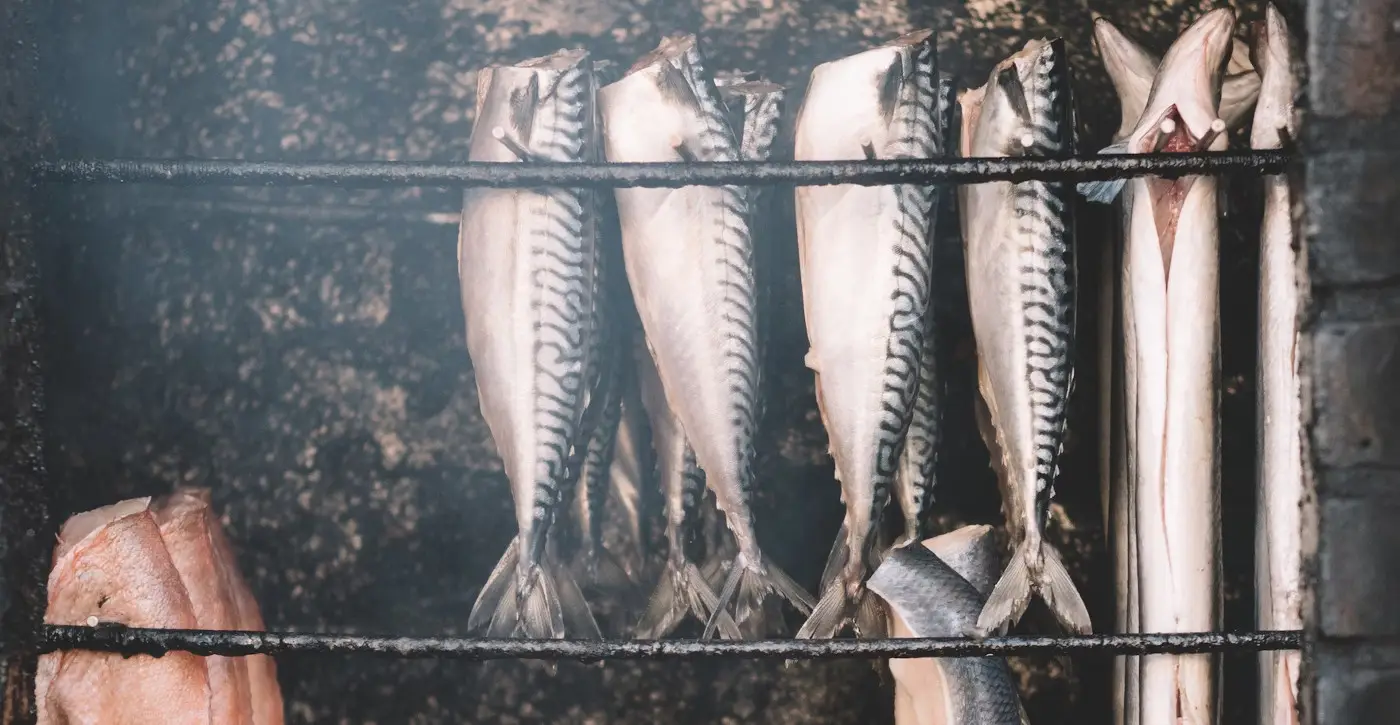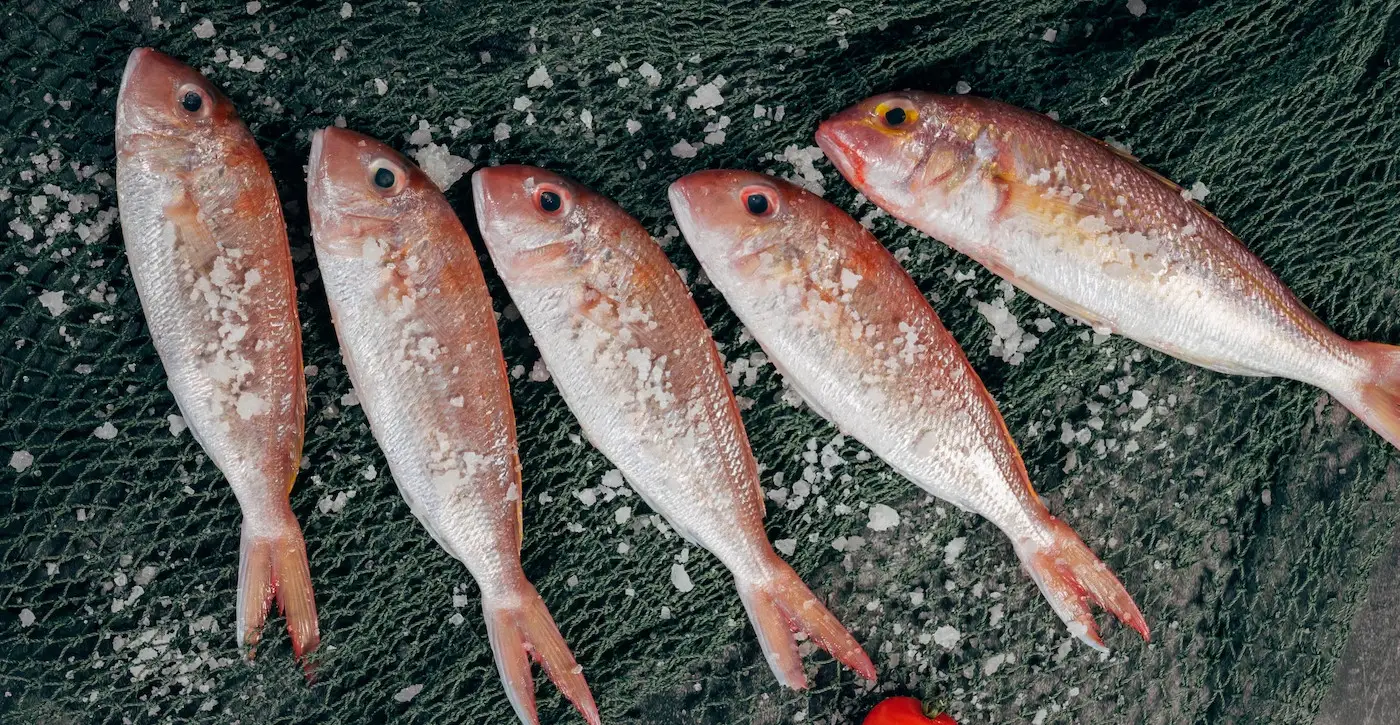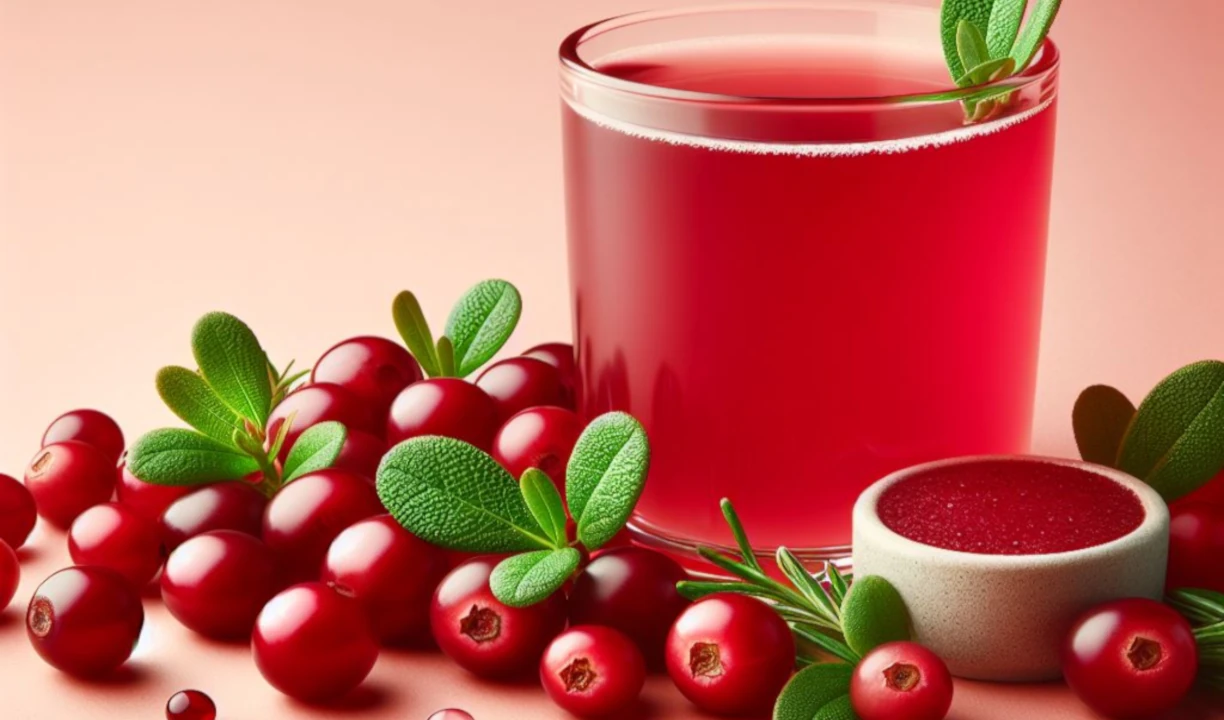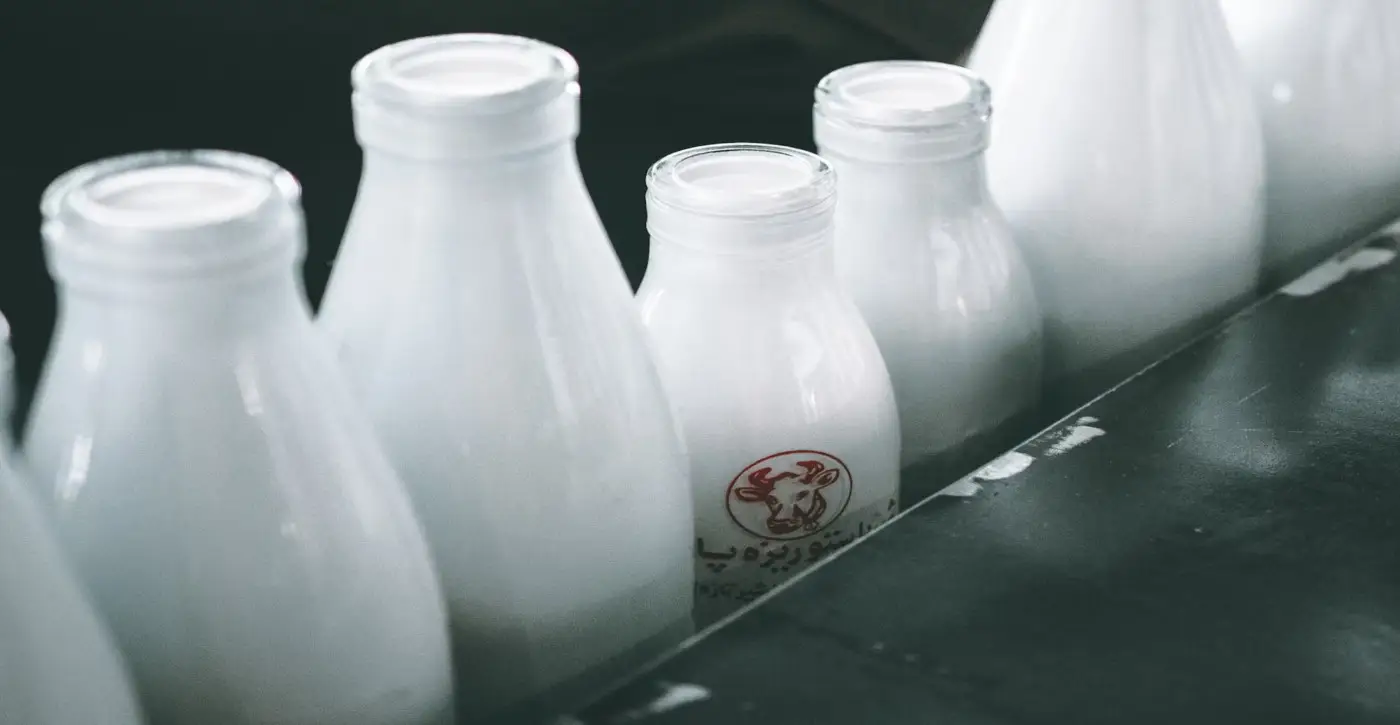Bass Lysine and Arginine Info Sheet
Overview
Bass is a common name for several species of fish that have a large mouth and a spiny dorsal fin.They are popular game fish and are prized for their firm, white flesh and mild flavor.
Bass can be found in freshwater or saltwater, and are usually sold fresh or frozen.
Bass is high in protein, selenium, phosphorus, and vitamin B12.
It also contains moderate amounts of mercury, which can be harmful if consumed in excess.
Bass consumption should be limited to avoid mercury poisoning, especially for pregnant women and children.
| Name | Lysine (mg/100g) | Arginine (mg/100g) | Ratio |
|---|---|---|---|
| Bass | 1623.53mg | 1061.18mg | 1.53 |
Bass contains 1623.53mg of Lysine and 1061.18mg of Arginine per 100g of product.
This means Bass has a high Lysine-Arginine ratio of 1.53.
Because Bass contains much higher levels of lysine than arginine, it is highly recommended for people who suffer from herpes, as it may prevent outbreaks.
Lysine Considerations
Lysine is an essential amino acid that supports immune function, collagen synthesis, and calcium absorption.
Bass provides a high amount of lysine, which may help prevent or treat cold sores, herpes, and osteoporosis.
It is one of the nine amino acids that your body cannot make by itself, so it has to come from the food we eat.
Lysine has multiple functions in the body, such as helping with growth, healing, energy, immunity, and collagen production.
Lysine may also have some effects on the herpes virus, which causes cold sores and genital sores.
Studies have suggested that taking lysine supplements or applying lysine cream may help prevent or treat these infections by blocking the amino acid arginine, which the virus needs to grow.
Arginine Considerations
Arginine is a semi-essential amino acid that plays a role in nitric oxide production, blood vessel dilation, wound healing, and growth hormone secretion.
Bass provides a moderate amount of arginine, which may improve cardiovascular health, erectile function, and exercise performance.
Arginine can contribute to cold sore outbreaks, which are blisters caused by the HSV-1 virus, also known as herpes.
Arginine aids in the growth of HSV-1, which needs this particular amino acid to multiply and infect cells.
Arginine can be obtained through our diet, and is found in a variety of high-protein foods such as nuts, seeds, and chocolate.
Regrettably, the herpes virus is known to "feed" on arginine, and a diet abundant in arginine compared to lysine may increase the frequency and severity of cold sores and herpes outbreaks.
Lysine-Arginine Ratio
The lysine-arginine ratio is a measure of the balance between these two amino acids in a food.
A higher ratio indicates a higher lysine content relative to arginine, which may be beneficial for people with viral infections, such as herpes simplex.
Bass has a high lysine-arginine ratio, which may help inhibit viral replication and reduce the severity and frequency of outbreaks.
Both lysine and arginine are essential for protein synthesis and various other bodily functions.
They, however, have opposing effects on the herpes simplex virus, which causes cold sores and genital herpes.
Lysine can stunt the replication of the virus, whereas arginine can stimulate it.
Thus, a diet rich in foods with a high lysine to arginine ratio may help reduce the occurrence and severity of herpes symptoms.
Foods that have a high lysine-arginine ratio include dairy products products, fish, poultry, fruits, and vegetables.
These foods can provide the body with enough lysine to compete with arginine and inhibit the virus from replicating and causing flare-ups.
Dietary Considerations
Fish is a great source of lysine, which can help prevent or lessen herpes outbreaks.
Fish also contains omega-3 fatty acids, which can reduce inflammation and improve cardiovascular health.
Most fish have more lysine than arginine, but some fish have a higher ratio than others.
Salmon, catfish, whitefish, mackerel, trout, and sardines are some of the fish that have the most lysine compared to arginine.

For example:
L-lysine supplementscan help you prevent herpes outbreaks and stop a cold sore before it develops by depriving the virus of arginine, which it needs to form a cold sore.
Taking other food supplements that can improve your immunity and protect your cells from oxidative stress, such as vitamin C, zinc, selenium, and antioxidants.
To prevent outbreaks, avoid foods that can cause allergic reactions or sensitivities, such as gluten, dairy, nuts, eggs, or shellfish.
These foods can harm your immune system and make inflammation worse.
Pain, swelling, and itching can be reduced by eating foods that have anti-inflammatory, antiviral, and antibacterial properties, such as honey, yogurt, aloe vera, and chamomile.
These foods can also help you heal faster by promoting tissue repair.
Check more food information






